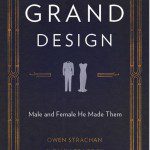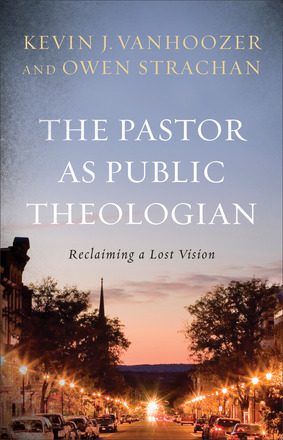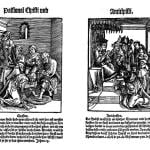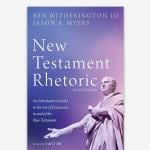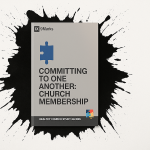This post isn’t as theological as the previous two. Here, I’m simply trying to point out the following idea, namely, that the Bible has a great deal of textual detail that is rich and rewarding to study. In this way, it is like a piece of rich soil just waiting for one to come and dig and unearth its treasures. Too many of us are asleep in the shade, I think, when we should be digging.
I’m not going to give a ton of examples of this point, because there are so many one could give. I’ll simply say that close study of the biblical text yields untold rewards. It is wonderfully true that a person of the simplest mind can pick up the Bible and grasp its basic ideas. Yet we must allow a right understanding of the clarity or perspicuity of Scripture to undermine a doctrine of the depth of the Word of God. The Word is easily comprehensible, but it is also a storehouse of linguistic, exegetical, textual, and theological treasures. For example, I recently preached a sermon on Samson. In my study of Judges 16:21-31, I discovered a number of really cool insights about the text. For example, there is allusion to Samson’s fortunes in the geography of his trip to Philistine territory–he was “going down” to there. There is significance in Samson being forced to harvest grain in a Philistine grainery–Dagon, the Philistine god, was the god of grain. Samson was thus acting out in a physical, tangible way the defeat of his God by the Philistines. Now, I didn’t see these things myself–commentaries helped me out a great deal here. However, I have from time to time seen things in the text due to my own search for detail, as many others will also have experienced. In addition, my training in the languages has really helped in this area. It is not essential to know Greek and Hebrew in order to be a faithful preacher of the Word–not by a long stretch–but it does not hurt, either, and can only help the student of the Word. If you want to be a preacher, and you can’t take any other classes, take language classes. You can read theology, study philosophy, and search history on your own terms, but rare is the man who can teach himself an ancient language. If you don’t have linguistic training and want to pick up overlooked details in the text and thus preach the Word with a richness and depth your people will eagerly drink up, acquire commentaries that can guide in a close study of the original text.
In my opinion, this is one of the most overlooked components of evangelical preaching. So much preaching that I hear is right and true and faithful and boring. Let’s just speak honestly here. Do you resonate on any level with this opinion? This is not said to denigrate evangelical preachers. Preaching is hard work, and we need to hear the plainest truths on a regular basis simply to live and sustain our faith. With this said, we should not confuse faithfulness with sleepiness. We should exegete the text, dig into the text, and leave our people fascinated by the Word of God. That is a carefully chosen word–fascinated. The Word of God isn’t simply true. It’s downright remarkable! It possesses a level of detail that has sustained centuries of scholastic inquiry, inquiry that has utterly failed to exhaust the Scripture’s riches. Think about it. There are tons of things that even the most astute scholars of God’s Word have not figured out. This is a rich book indeed that we are dealing with. Now, how about we Christians start digging into these details? Forget preaching–in our own personal study, we can obtain a commentary and use it to illuminate our study of the Word. Or think about small group studies. Why would we ever study passages of Scripture based only on our own intuition when godly, gifted men have literally given their lives to search out the riches of that text? This is a fool’s proposition–and one that we sometimes make, sadly.
Let’s make a commitment, then, to studying and unearthing the untold riches of the Bible. Let’s dig deeply into the Word, and as Christians, whether laymen or preachers, let’s bring these riches to others and think together about them. The result? A faith that is deeper, more enlightening, and way less boring than a faith dependent on the same cliches, the same maxims, that we know–and need–but that become inestimably more powerful when rooted in the detailed “soil” in which they were given.






